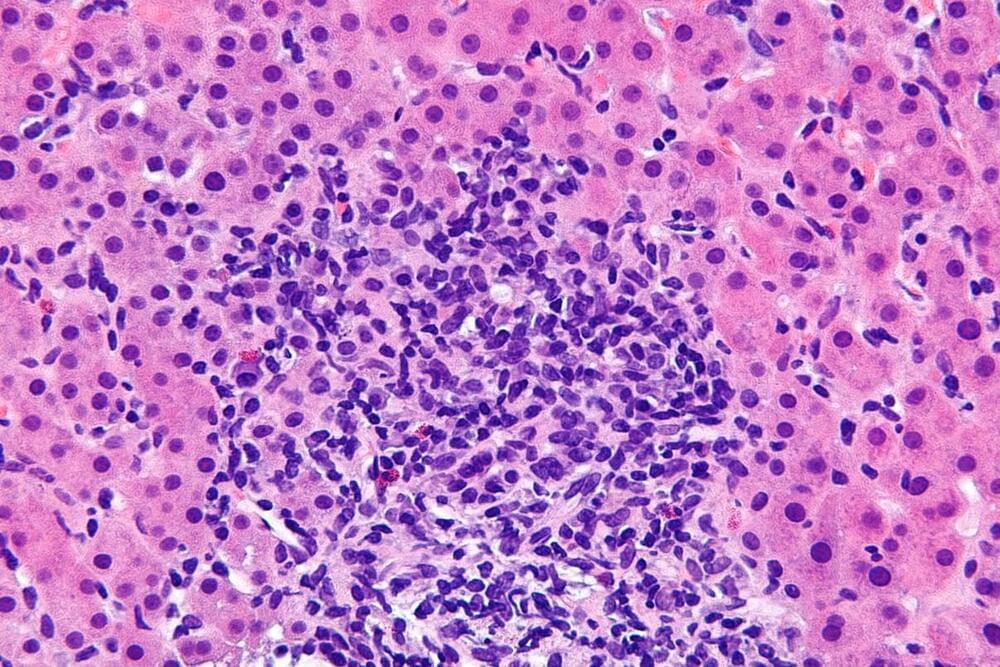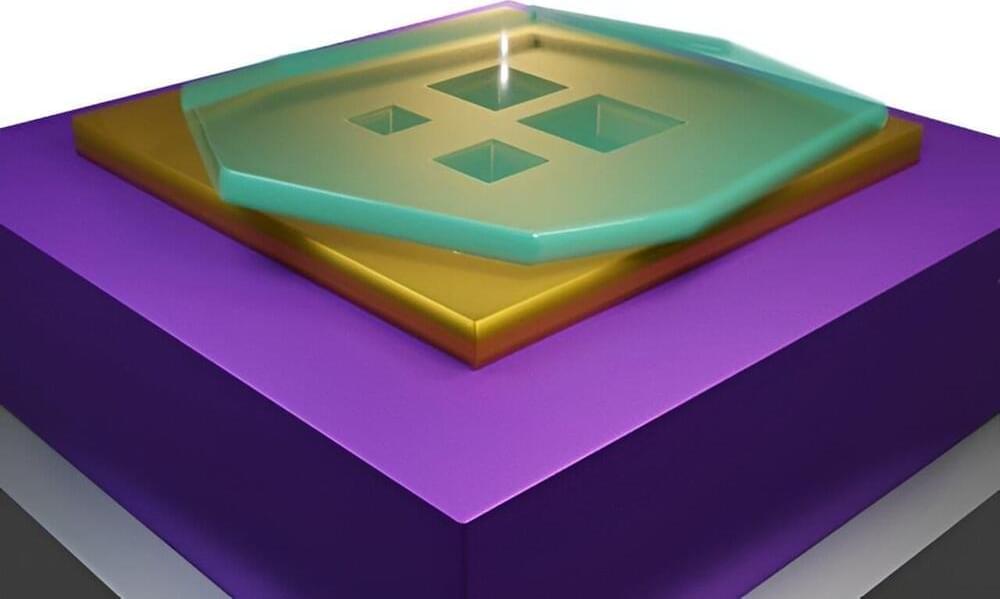Women are more likely than men to have conditions such as lupus, rheumatoid arthritis, and autoimmune hepatitis (depicted above in a cellular micrograph), in which their immune response attacks healthy, functioning parts of their body. Yet the reason behind this sex-based imbalance has long eluded scientists. Now, a study published last week in proposes that a molecule associated with the X chromosome may be partly to blame. Researchers noticed that many of the proteins commonly targeted by the immune system in people with autoimmune diseases had something in common: They help a molecule called Xist carry out its function. Xist molecules act a bit like quality control inspectors for women’s extra X chromosomes, preventing them from producing a toxic amount of proteins. The scientists suspect that when immune cells encounter large bunches of these Xist-related proteins—for instance, when a dead cell spills them into the bloodstream—they may react by making antibodies to attack them throughout the body. To test the idea, the team studied genetically engineered mice in which both males and females produced Xist. Like their female counterparts, these males were also at an increased risk of developing severe cases of lupus. The researchers also found that people with autoimmune disorders had more antibodies for Xist-related proteins in their blood. Still, Xist molecules may not be the only factor at play: Experts note that some people produce these Xist-related antibodies without developing autoimmune disorders, reports.







